

doi.org/10.1016/j.ss...
doi.org/10.1016/j.ss...
- Higher education & IQ
- Less substance use
- Higher autism & anorexia risk
- Lower ADHD, anxiety, depression & PTSD risk

- Higher education & IQ
- Less substance use
- Higher autism & anorexia risk
- Lower ADHD, anxiety, depression & PTSD risk
www.cambridge.org/core/books/a...

www.cambridge.org/core/books/a...




www.nature.com/articles/s41...
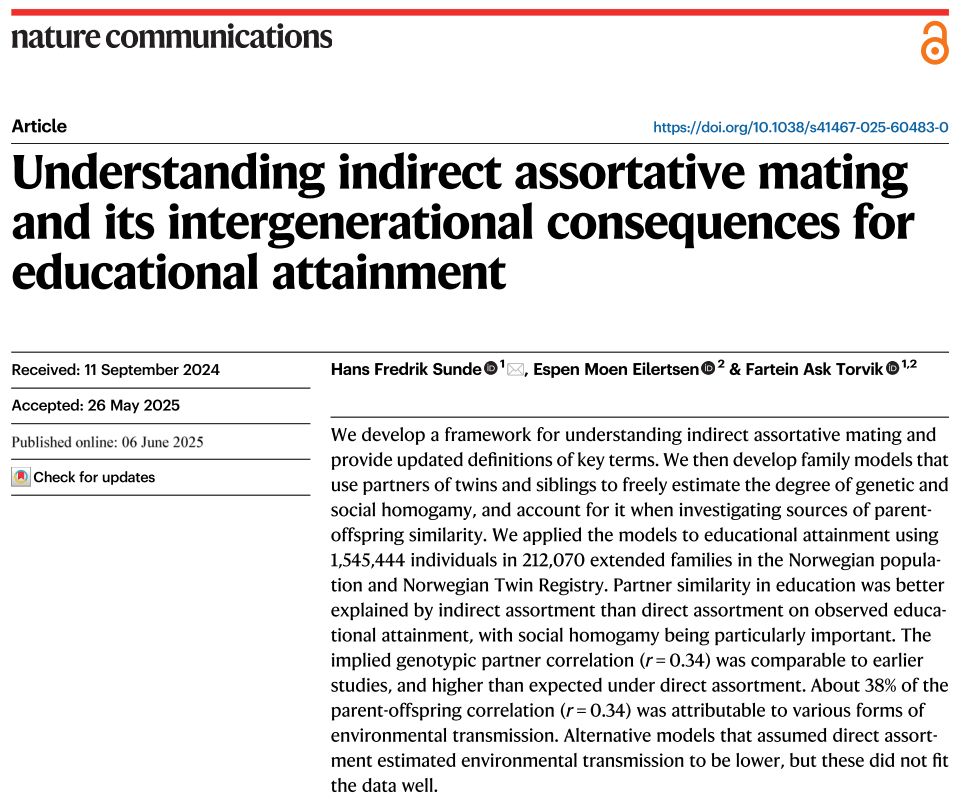
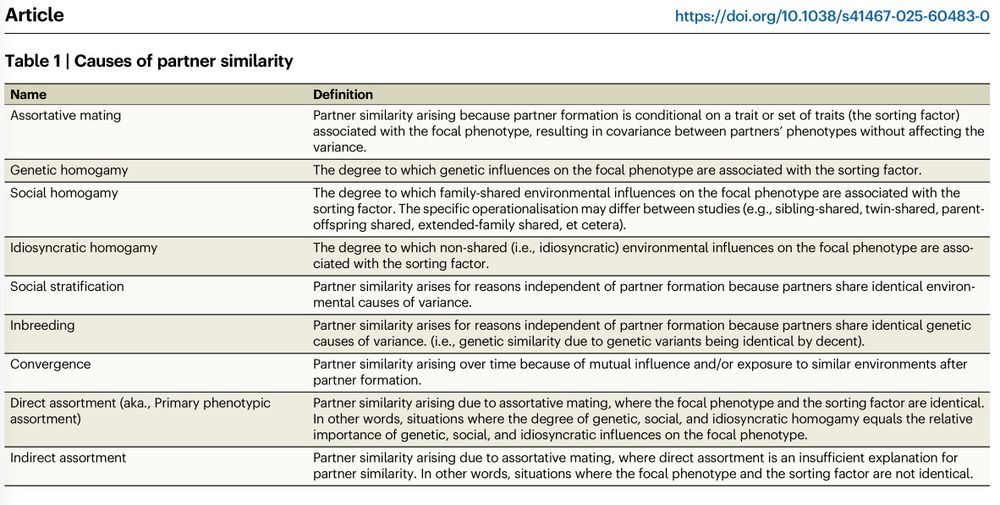
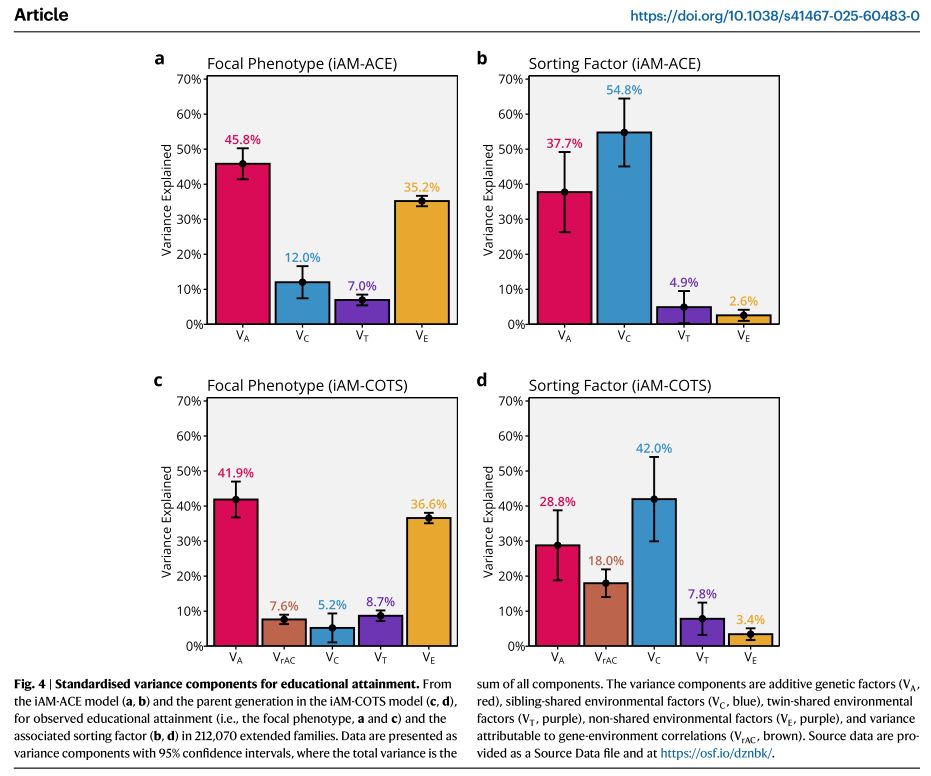
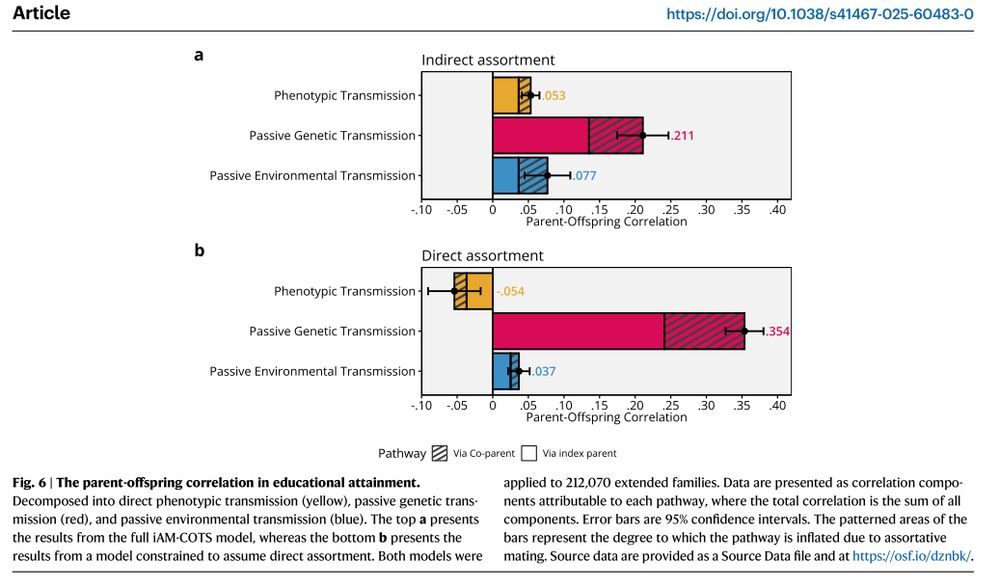
www.nature.com/articles/s41...

Link: doi.org/10.1038/s414...

Link: doi.org/10.1038/s414...
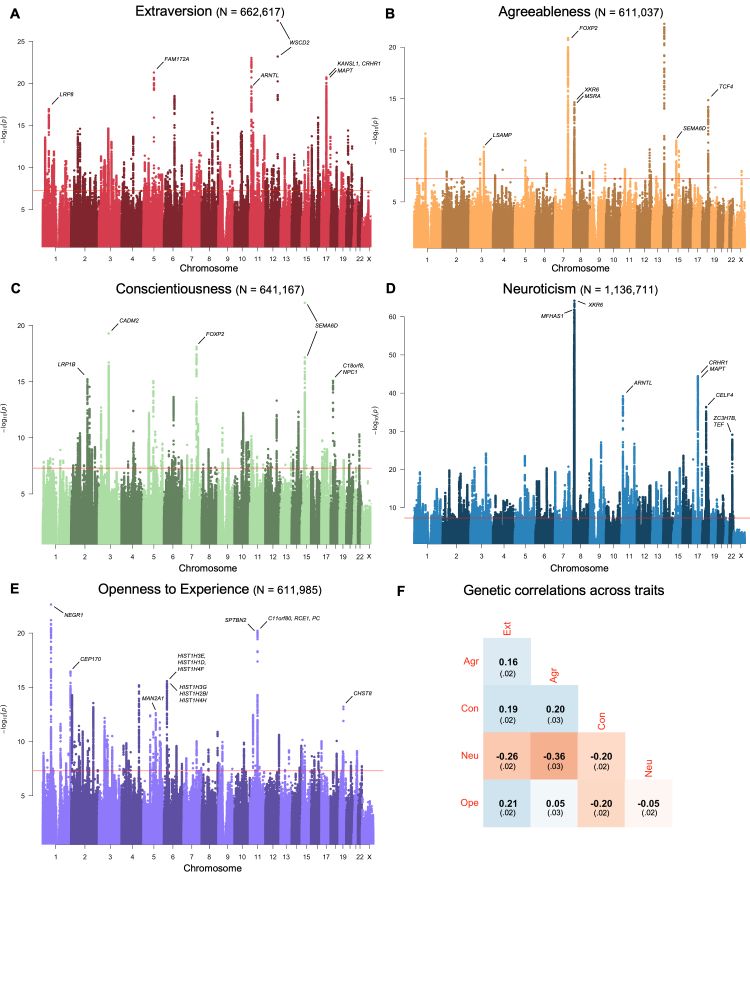
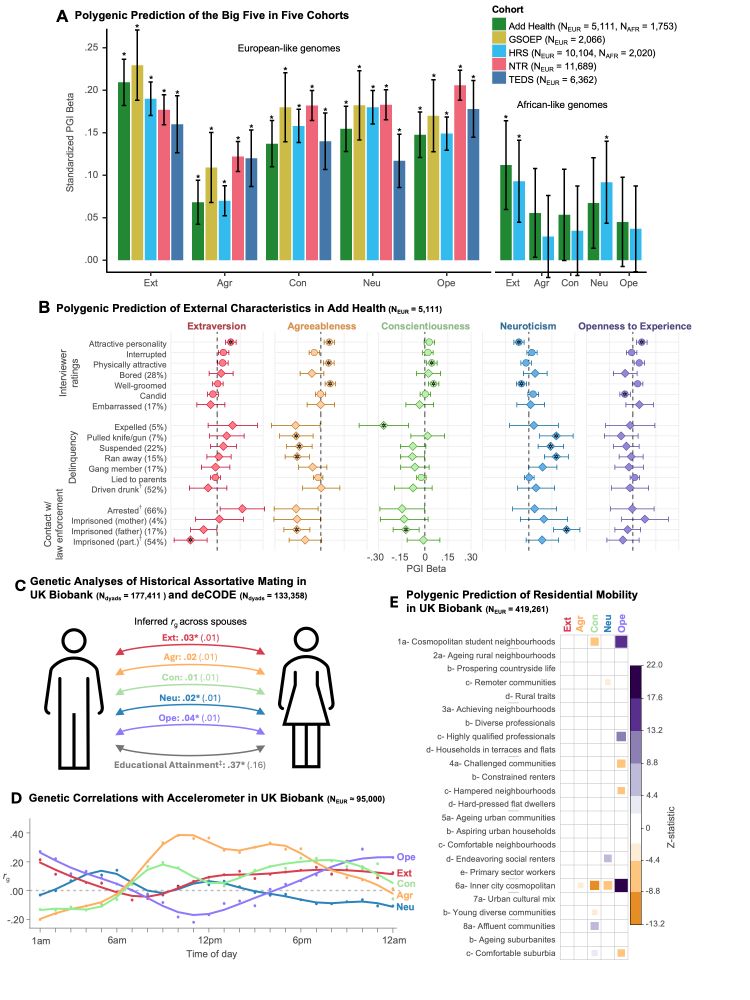
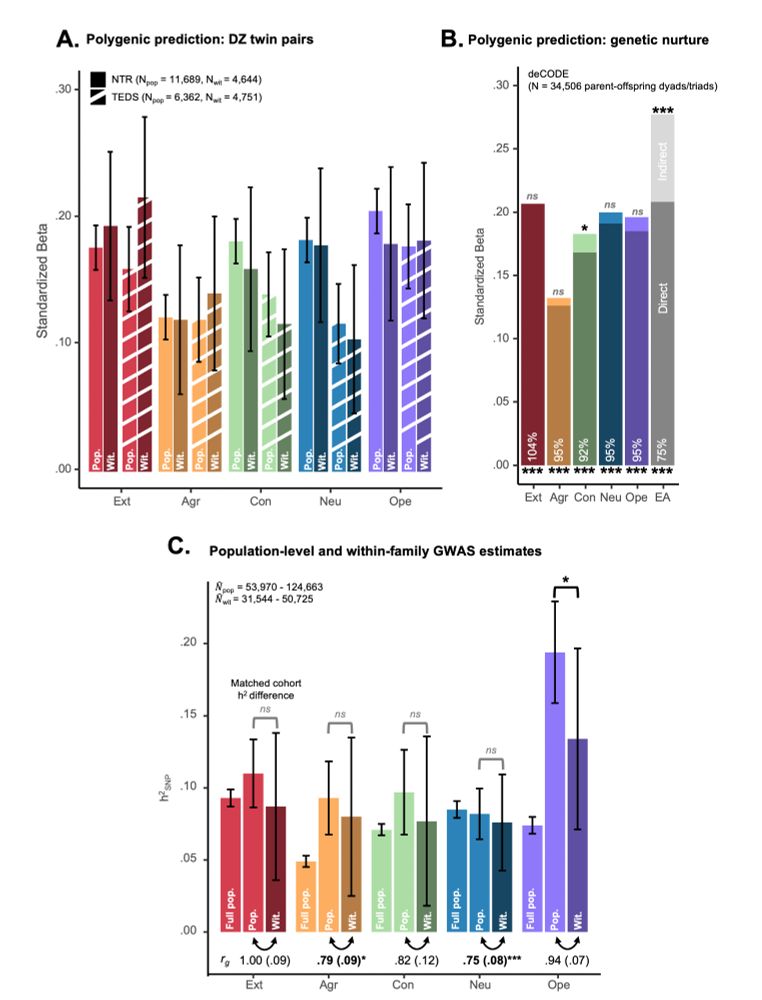
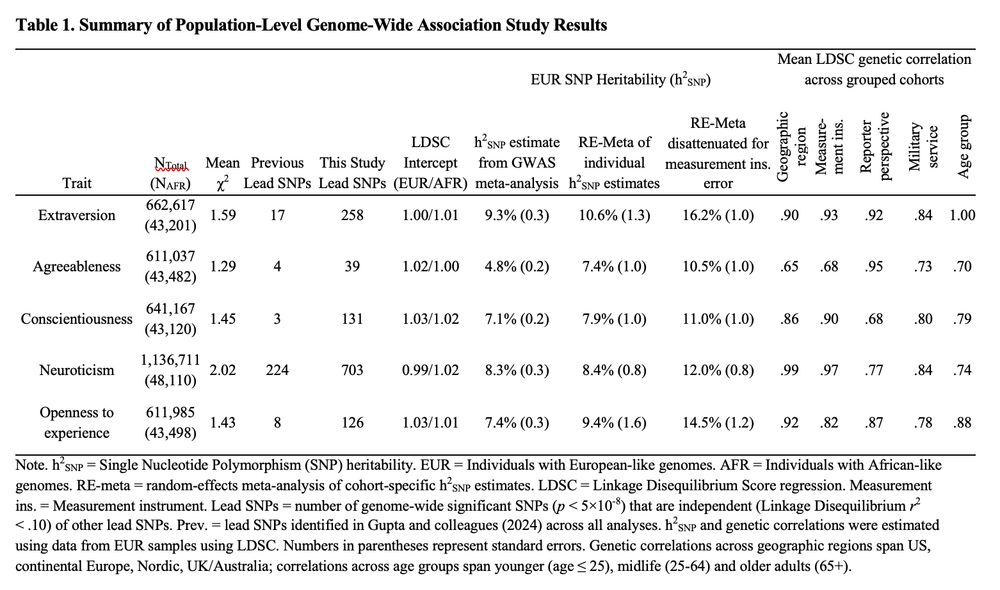
www.sciencedirect.com/science/arti...

www.sciencedirect.com/science/arti...
The parent-child education link (r = .31) is often seen as purely environmental.
From 569k kids, we decomposed it:
🧬 68% genetic
🏡 12% parental environment
👴 20% extended-family environment
👉 doi.org/10.31234/osf...
🧵

The parent-child education link (r = .31) is often seen as purely environmental.
From 569k kids, we decomposed it:
🧬 68% genetic
🏡 12% parental environment
👴 20% extended-family environment
👉 doi.org/10.31234/osf...
🧵
www.the100.ci/2025/03/20/r...

www.the100.ci/2025/03/20/r...
If you have never found the time to read up on this, now is your chance.
www.the100.ci/2025/03/20/r...
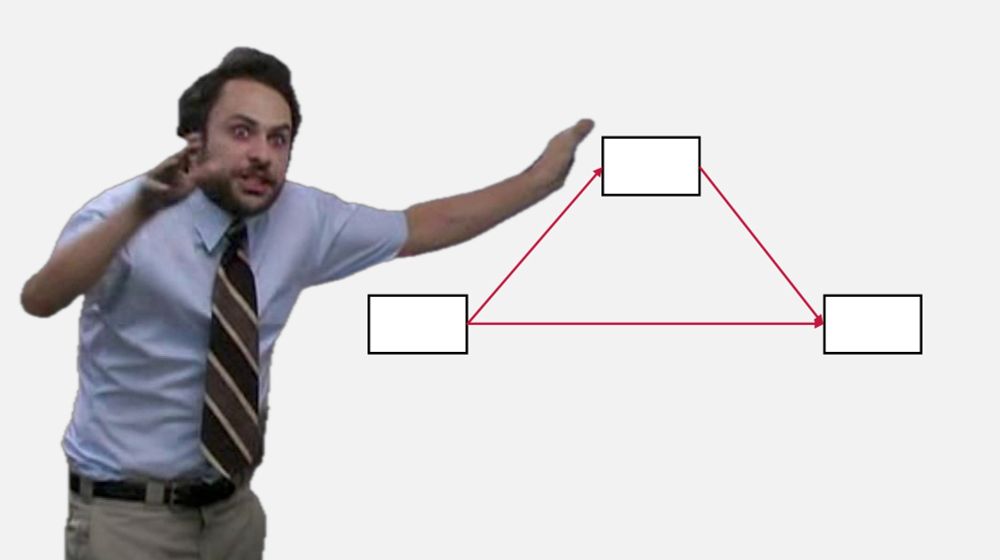
If you have never found the time to read up on this, now is your chance.
www.the100.ci/2025/03/20/r...
We analyzed every instance of political AI use this year collected by WIRED. New essay w/@random_walker: 🧵

www.nature.com/articles/s41467-024-54966-9

osf.io/preprints/ps...
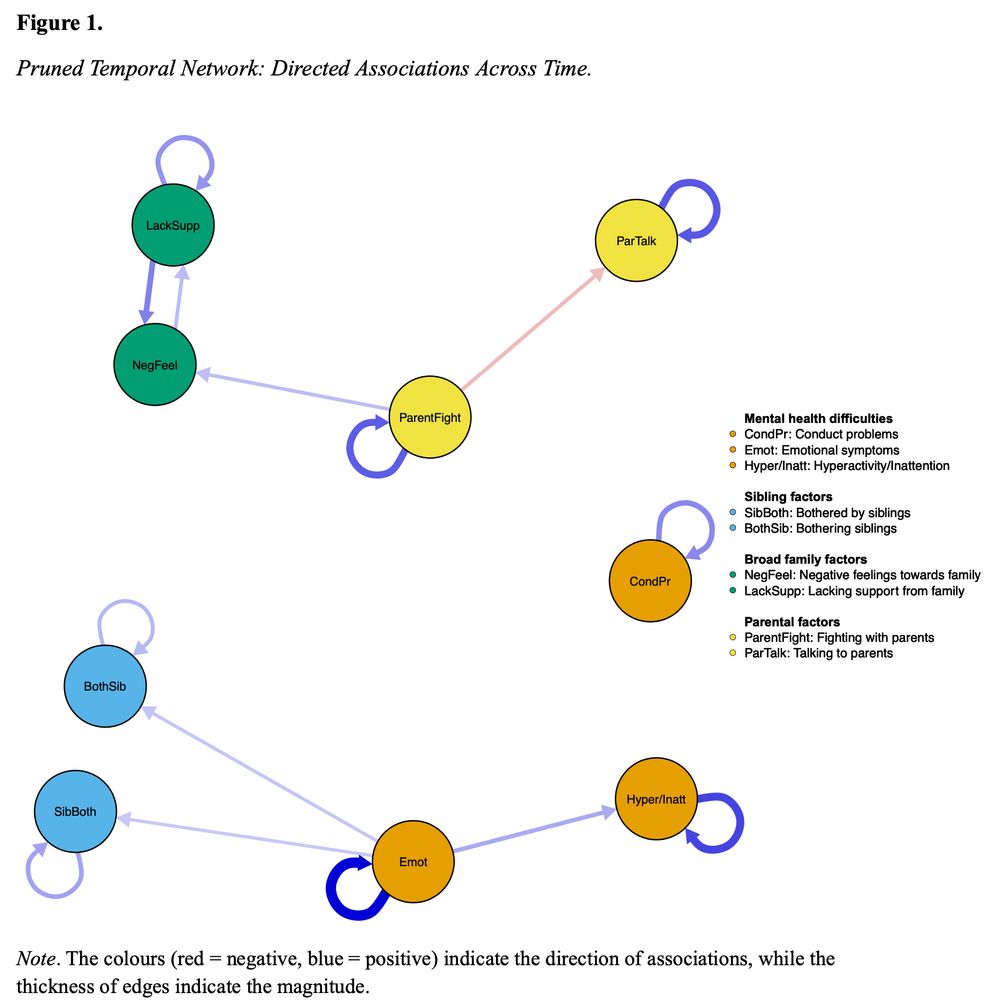
osf.io/preprints/ps...
www.nature.com/articles/s41...

www.nature.com/articles/s41...
Slides, in case you're curious: osf.io/xepmk

Slides, in case you're curious: osf.io/xepmk
Any recommendations?
#stats
@rmcelreath.bsky.social @dingdingpeng.the100.ci
Any recommendations?
#stats
@rmcelreath.bsky.social @dingdingpeng.the100.ci
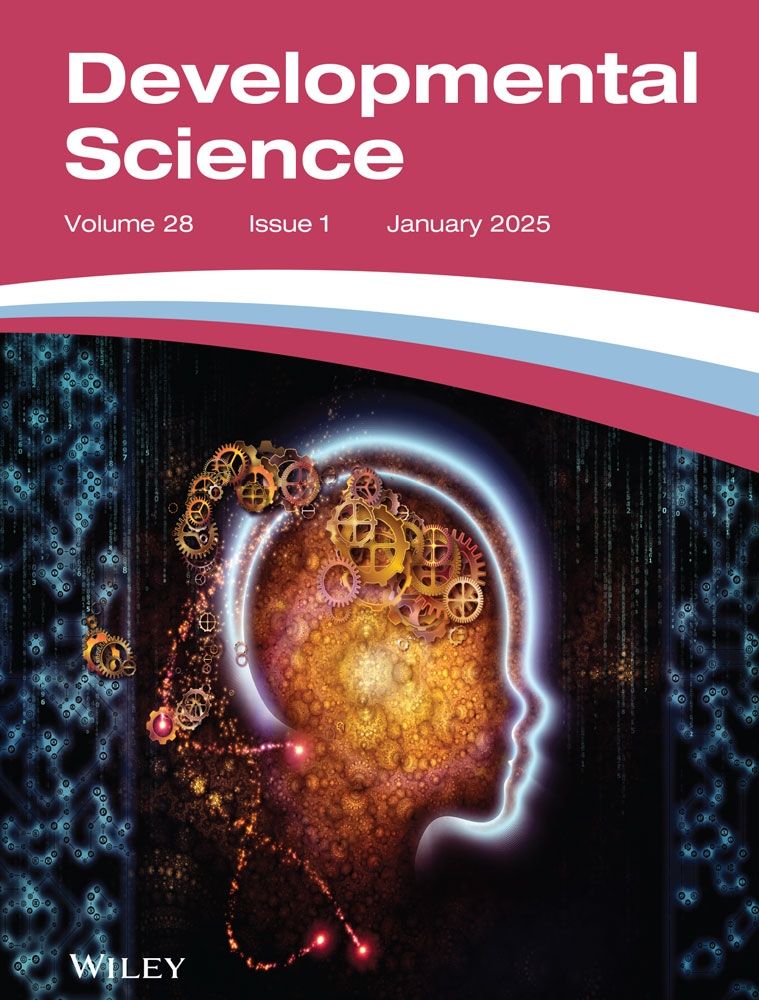
Led by Oded Ritov & with @engelmann.bsky.social & Christoph Völter

Led by Oded Ritov & with @engelmann.bsky.social & Christoph Völter

